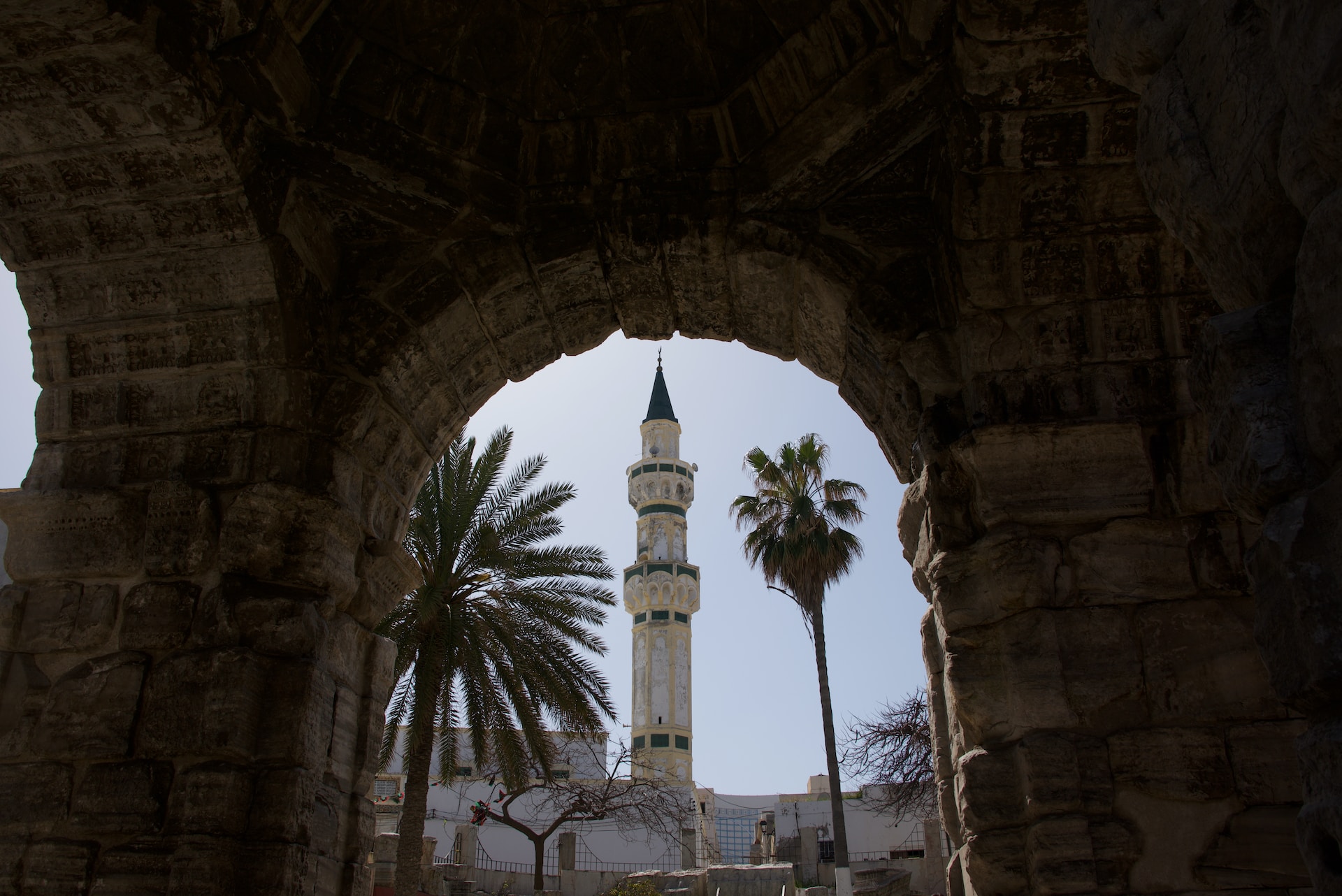That is why the elections in Libya are still far off

All the latest news from Libya in the article by the Egyptian journalist Marwa Mohammed, collaborator of the Shorouk News newspaper, who takes stock of the latest stages of the intra-Libyan dialogue for the country's elections
The elections are a crucial issue for Libya. Despite the agreement reached by the 6+6 Committee during the talks in Morocco, there are still many parties and political exponents who, fearful of being ousted from power by a regular electoral process, stand sideways.
THE BOUZNIKA AGREEMENT: TOWARDS NEW ELECTIONS?
The fate of the elections in Libya remains uncertain after some parties and politicians, both from Tripolitania and from Cyrenaica, rejected the agreement of the so-called 6+6 Committee (made up of six members of the House of Representatives, and six of the High Council of State) created to prepare the country for new elections through the writing of a new electoral law for the election of the president and the new Parliament.
After this stalemate, many commentators and political analysts now exclude that the elections can be held within this year and believe that the end of the current crisis will come only after the convening of a referendum on a new constitution preparatory to a future electoral round
During the meetings in Bouznika in Morocco, the 6+6 Committee announced that it had found an internal agreement on the launch of new electoral laws. These new laws had been defined by the Committee as "definitive and effective and the next elections will be held through them". Fourteen Libyan political parties in the east and west of the country welcomed this result, while 54 members of the State Council and 61 members of the House of Representatives announced their rejection in separate statements.
Despite these disagreements, the United Nations envoy, Abdoulaye Bathily, in a message released on the occasion of the Feast of the Sacrifice last June 28, declared that Libya is in a decisive phase in the path towards the elections and the conclusions of the 6+ Committee 6 is an opportunity that shouldn't be missed. Bathily then called on Libyan leaders to demonstrate a spirit of consensus.
THE OBSTACLES ON THE WAY
Interviewed by Start Magazine , the Libyan jurist and researcher Ramadan Al-Tuwaijer said he "didn't imagine that the Libyan elections could be held this year due to many obstacles". According to Al-Tuwaijer, the divisions between state institutions, both civilian and military, are too deep, the same factor that has so far prevented regular elections from being held, despite long years of negotiations.
According to Al-Tuwaijer himself, the numerous interferences by foreign countries do not help, as they deem it necessary, in order to protect their strategic interests in Libya, to preserve relations with the Libyan parties that now control the scene. According to the researcher, therefore, these countries are rowing against the same electoral process which according to the UN represents the only chance to keep Libya united.
In this scenario, Italy should exert greater pressure on the countries that are hindering Libyan reunification to limit their interference and above all to have the numerous foreign mercenaries who have flown into Libya repatriated in the past years.
THE RIVALRY BETWEEN SALEH AND AL-MASHRI
The work of the 6+6 Committee was negatively affected by the old and new differences between the president of the Libyan Parliament, Aguila Saleh, and the head of the Libyan High Council of State, Khaled al-Mashri. As Libyan researcher Ahmed Orabi told Start Magazine , the friction between the two ancient rivals has affected the consensus reached by the Committee in Bouznika, amid mutual accusations of hindering any path that could put an end to the transitional phase and therefore elect new bodies.
According to Orabi, the ongoing dispute between Saleh and al-Mashri, which persists despite the couple's frequent meetings in Arab capitals, has the sole objective of perpetuating their power by postponing those elections that could mark their exit from the public scene.
Orabi is also convinced that the current crisis will end only through the election of a new legislative assembly charged with drafting a new constitution and submitting it to the decisions of the electorate via referendum in view of a subsequent calling of new political and presidential elections.
This is a machine translation from Italian language of a post published on Start Magazine at the URL https://www.startmag.it/mondo/ecco-perche-le-elezioni-in-libia-sono-ancora-lontane/ on Sat, 08 Jul 2023 06:48:30 +0000.
